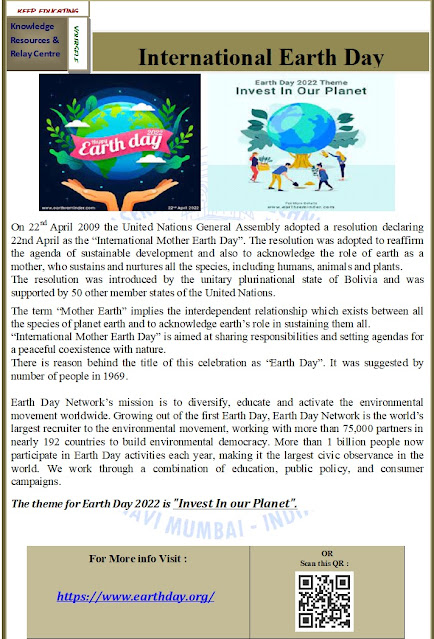Source: https://www.indialegallive.com/legal/how-to-patent-an-idea-know-procedure-step-by-step/
A patent gives you authority to restrict others from using your invention
without your permission. A patent provides an important source of revenue for
your business. A patent is a legal document granted by the government of the
state of the country depending on the national rules. It embraces the inventor
with an exclusive right to make, use and sell his creation for a specific time
period.
What
are patentable inventions?
Any product, asset, or invention must follow these basic requirements:
1- It should be new which means there shouldn’t be any existential trace
of it.
2-It must be unique in itself. For example, if an individual makes
technological improvements in existing products or inventions, they can’t be
patented.
3- The invention must not support the immoral purpose or illegal
activities, and should add some value to the life of the common man.
What
inventions are non-patentable?
The objective of acquiring a patent is to protect the creator’s work to
be used by others. According to section 3 and section 5 of the Indian Patents
Act 1970, there are some inventions that are not patentable:
-Any method of horticulture or agriculture
– Any invention done under the category of medicine, healer, remedy for humans,
plants or animals
-An advancement or discovery in the field of atomic energy.
-Unique machine, device, or process finding
How
to get a patent in India?
All dealings, rules, and regulations related to patents in India are
dealt with Indian Patents Act 1970. This act suggests that either the inventor,
his assignee, or one of his legal representatives can apply for one in the head
office of the Indian Patent office or branches.
Steps
for application of patent
If you want to file an application for your patent, you can do either it
by yourself or can take suggestions from registered agents. Getting a patent
through a registered agent is a wise choice. When it comes to the cost of
getting a patent, the following two elements came into the picture:
- Form fees, and renewal
- Professional charges of agent
Step
01: Disclose your invention
You can disclose your invention to a registered agent simply by signing a
non-disclosure agreement. When it’s about signing a non-disclosure agreement,
try to submit each known fact about your invention.
Step
02: Search for patentability
A professional charges INR 10,000 to 20,00 to carry on extensive research
of all databases to find whether your idea is patentable. After research, the
agent builds a patentability search report based on your invention.
Step
03: Decide to file an application for patent
Once patentability research is done, you can now take a step ahead in
filing patent applications. While drafting a patent, again remember that your
invention must have an inventive step in comparison to any existing piece of
invention.
Step
04: Draft patent
To draft your application, you have to pay from INR 20, 000 to INR
30,000. For dispute-free processes, you can take the help of professionals.
Step
05: File the patent application
After drafting your patent application, just review everything once, you
can file patent application with the appropriate forms. The applicable fees
vary from INR 1,600 to INR 8,000 depending upon the type of application while
submitting the patent application.
Step
06: Request for examination
After filing a patent application, you need to request the Indian patent
office within 48 hours. The fees to request a patent examination range from INR
4, 000 to INR 20,000 depending upon the type of application.
Step
07: Respond to objections (if any)
Patent officers examine the draft and report submitted and requested by
you for examination. At this stage of the procedure, there are chances officers
may communicate with the inventor to know inventive steps for assessment. If
officers find everything clear, the patent is given a green signal to come to
action.
Step
08: Grant of patent
If the application fulfills all requirements, it is placed forward for
the grant. Also, the final approval of the patent is published in the journal.
Step
09: Renewal of your patent
Your patent needs to be renewed after every 20 years by paying a small
fee.
What
are the benefits of getting a patent?
- Prevents your invention from being
stolen.
- Since your idea has become a brand,
you have a larger market share.
- Increased monetary worth and profit
margins
- The right to exclusivity
- It’s simple to create and market a
product.
However, filing a patent is a very lengthy and complicated process, it is
important to recognize its significance. With technological developments, the
process is likely to become simpler and easier.

 After
completion of the programme, attendees with an overall score more than
70% will receive a certificate and above 90% will receive distinction,
AICTE said.
After
completion of the programme, attendees with an overall score more than
70% will receive a certificate and above 90% will receive distinction,
AICTE said.





